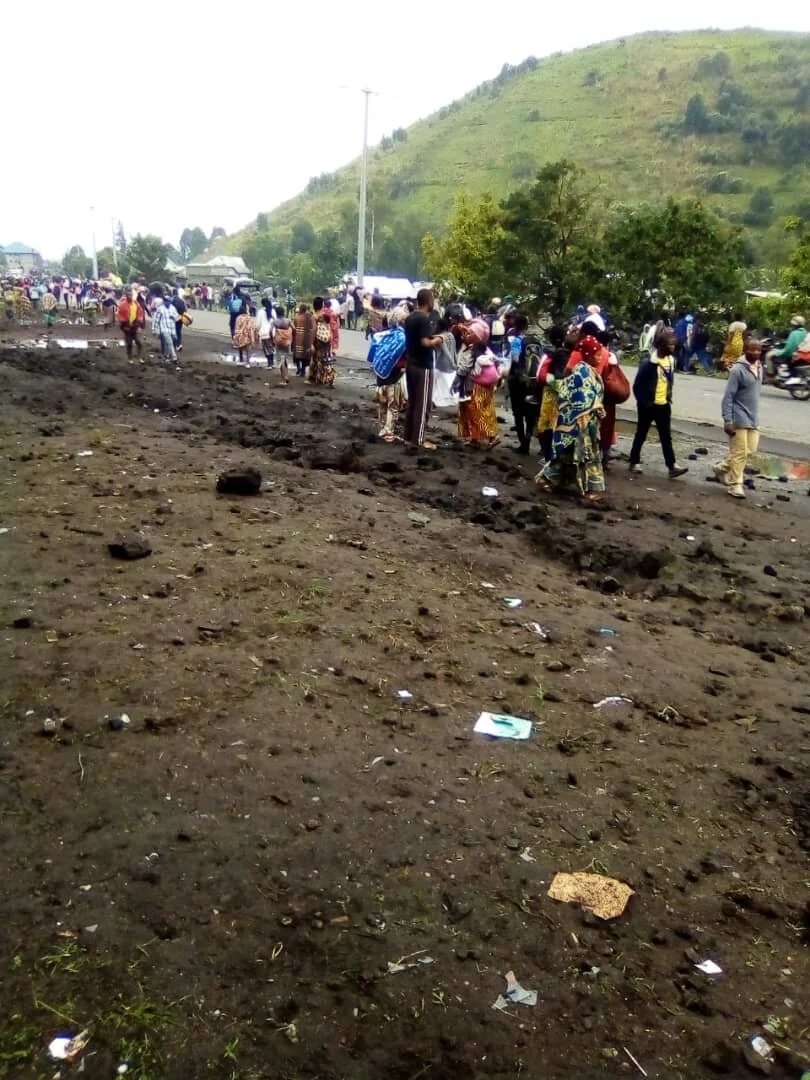The Story of Kisunka Community
Kisunka is located fifty kilometres east of Likasi, on the shores of Lake Changalele and consists of five smaller communities that together make up a wider community of about five thousand people. This region in the Democratic Republic of the Congo (DRC) is known for its exceptionally high rates of leprosy, tuberculosis and HIV/AIDS.
People living in Kisunka depend on the most basic means of survival and their diet is restricted to what can be grown or caught, with fish and maize-meal being the staple food. Being far removed from trading centres, markets, health care and educational facilities is one of the greatest struggles for people living in Kisunka to overcome. As the cost of living continues to rise, the poorest of the poor are hit hardest and being able to provide for one’s family becomes impossible.
200 Children currently Supported
24 Care Workers Coordinator by Marie Guline
Basic Services Started in 2012
45 Km from the Likasi Local Office
Since the Shibukeni Community Based Organisation (CBO) was formed in 2012, it has grown rapidly. Initially, volunteer Care Workers from the local church were caring for 50 of the most vulnerable children, however, over the years, as the vulnerability within Kisunka continued to grow, the number increased to 200 children. Within Kisunka, four Care Points operate under the umbrella of the Shibukeni CBO. The purpose of having multiple Care Points is to limit the distance that the children have to travel between their homes and the Care Point.
The Care Workers have built relationships of love and trust with each child, knowing their family situation and individual needs. In knowing the children by name, the Care Workers are giving value and worth to each child. The Care Workers are passionate about advocating on behalf of the children they care for; identifying their needs by visiting them in their homes and spending time with them at the Care Points. In addition to supporting the children’s emotional and spiritual needs, the Shibukeni CBO is committed to ensuring that the children receive the three essential services of food security, education and basic health care.
Across the community, utilities have been updated and solutions to problems found. At Kitondo, one of the zones where a Care Point operates, children struggled to attend school during the rainy season, as a big river would form, cutting them off. The local Hands at Work team in Likasi mobilised the community and built a bridge; a solution beneficial to all. At the Care Point in the Kasepa zone, a new toilet was constructed in 2019, which along with the provision of a secure, covered well to provide clean water, helps to ensure the health of the children and prevent disease.
Meet Tristan
Care Worker Kilambe from the Shibukeni CBO is committed to caring for 16-year-old Tristan*. Kilambe shares, “Tristan has found a family at the Life Centre, where he is involved in the youth group and encourages others to live a good life.” However, life has not always held this same level of hope for Tristan. After the death of his parents, Tristan moved in with his aunt, where he eventually slipped into malnourishment due to a lack of proper care. When his older sister heard what was happening, she called Tristan to come stay with her family in Kisunka. To provide for Tristan and her three children, she leaves early in the morning and travels 28 miles to sell fish in another community, only to return late in the evening. Thankfully, the Care Workers are committed to caring for Tristan, ensuring he receives a hot, nutritious meal daily, which has improved his health greatly.
The local Hands at Work team in Likasi currently supports nine Community Based Organisations, which exist to care for the most vulnerable in their communities. The office provides training, networking, and encouragement to those Community Based Organisations like Shibukeni. It also gives administrative support, including helping with funding proposals, monitoring and evaluation, bookkeeping and reporting to donors.













Praise’s grandmother Bertha began caring for him, but she was desperately poor and trying to survive. Praise was hungry - continually crying. People in the community said he would die and tried to put ritual charms around him but Bertha refused and knew God would provide. After her husband passed away many years ago, she said she learned to trust God throughout any hardship.